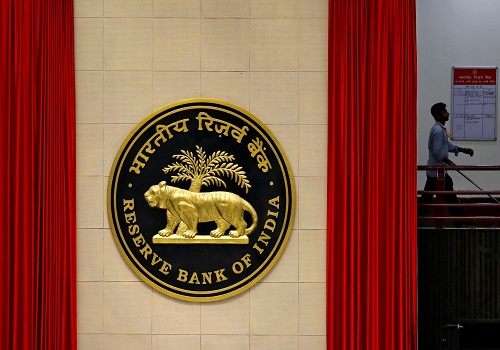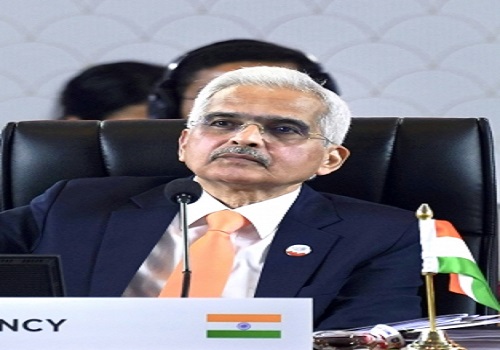Centre extends investment policy 2012 for 3 units of Hindustan Urvarak & Rasayan
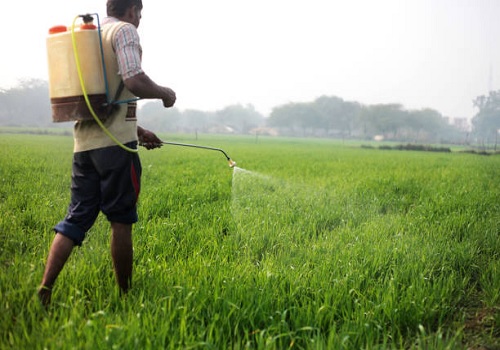
Follow us Now on Telegram ! Get daily 10 - 12 important updates on Business, Finance and Investment. Join our Telegram Channel
The Cabinet Committee on Economic Affairs has approved the proposal of the Department of Fertilisers for extension of applicability of the 'New Investment Policy (NIP)- 2012' for the three units of Hindustan Urvarak and Rasayan (HURL) at Gorakhpur, Sindri and Barauni.
The Centre had announced 'New Investment Policy (NIP) - 2012' on January 2, 2013 and its amendment on October 7, 2014 to facilitate fresh investments and make the country self-sufficient in the urea sector.
Incorporated on June 15, 2016, Hindustan Urvarak and Rasayan is a joint venture company by Coal India, NTPC and Indian Oil Corporation.
The company is reviving the erstwhile Gorakhpur and Sindri Units of FCIL and Barauni Unit of GFCL by setting up new gas based urea plants with the installed capacity of 12.7 lakh metric tonne each per annum.
The cost of three HURL urea projects is Rs 25.120 crore. GAIL is supplying natural gas to these three units of HURL.
The state-of-the-art based HURL plants are a part of the initiative taken by the Centre to revive the closed urea units of SCIL/HFCL in order to achieve self-sufficiency in the urea sector, according to a government statement.
"The project will not only improve the availability of fertiliser to farmers but will also give a boost to the economy in the region including development of infrastructure like roads, railways, ancillary industry etc. besides ensuring food security to the nation," the statement said.
All three HURL units have various unique features like state-of-the-art blast proof control room equipped with a distributed control system, emergency shutdown system, and environment monitoring systems. These three facilities aim to meet the demand for urea in seven states namely Uttar Pradesh, Bihar, Jharkhand, Chhattisgarh, Madhya Pradesh, West Bengal and Odisha.
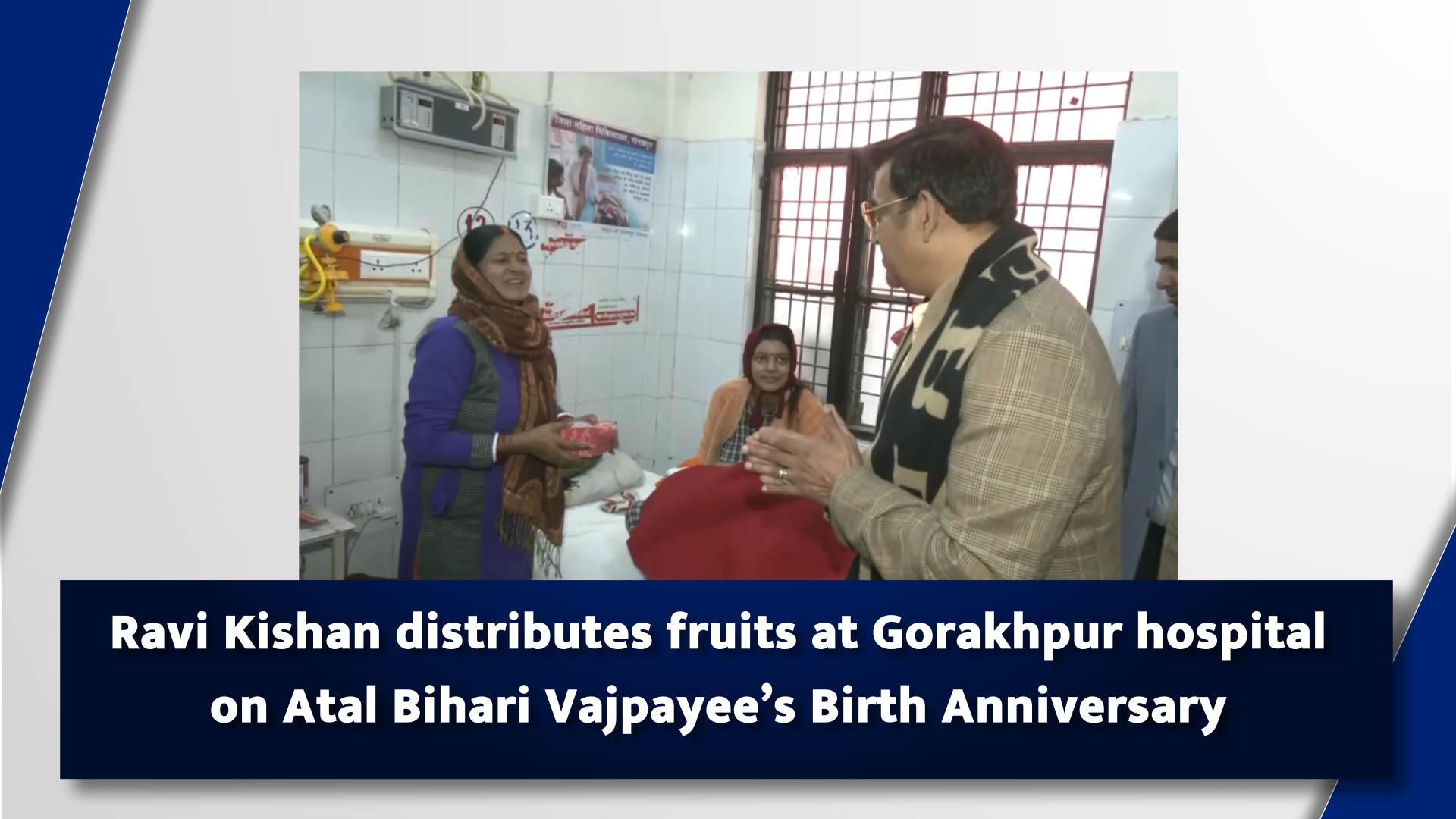
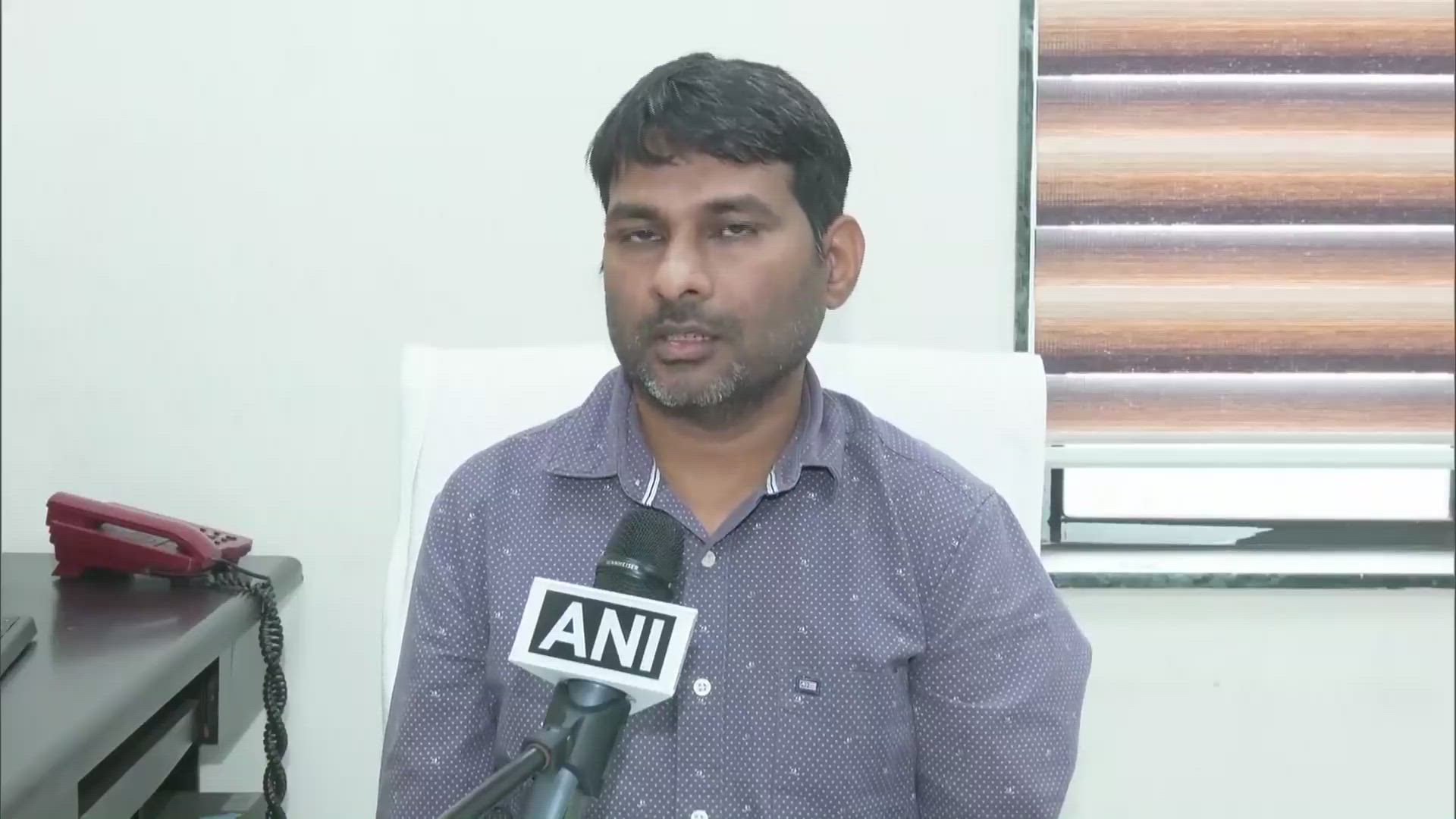


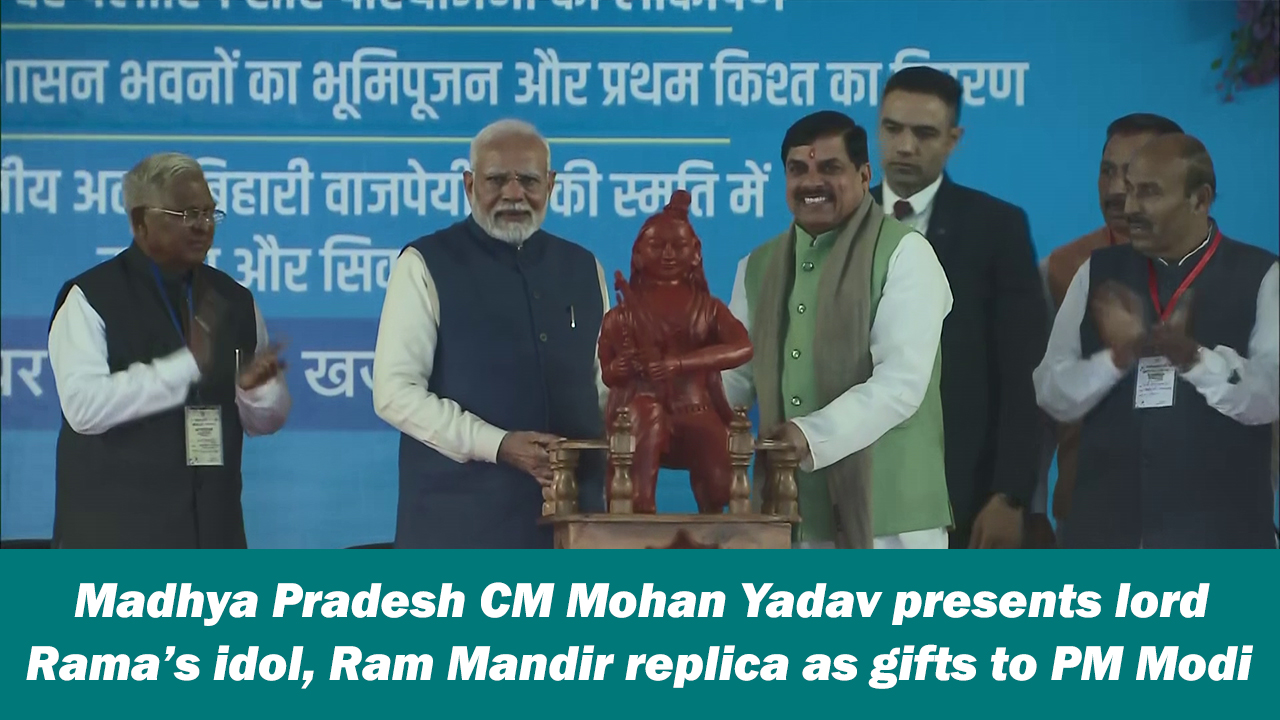

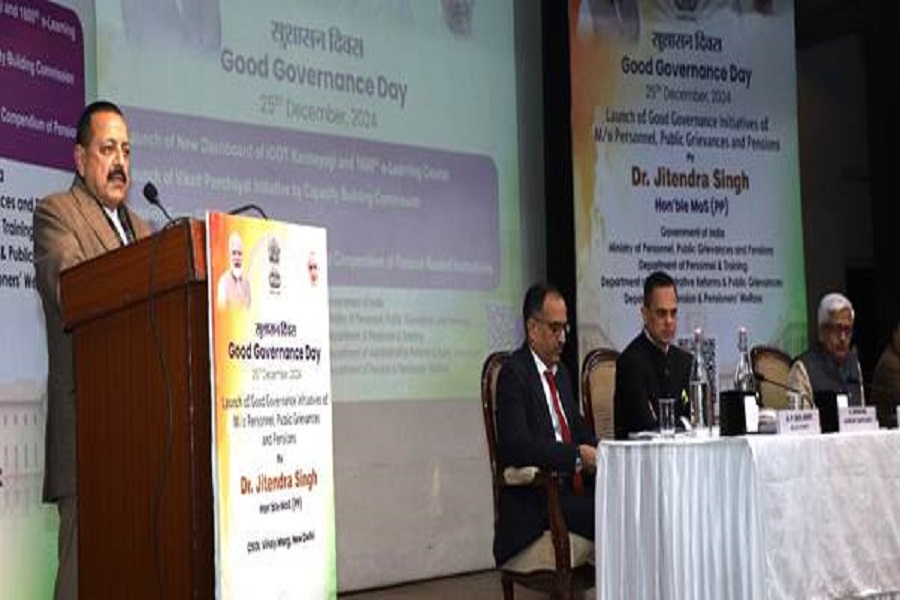
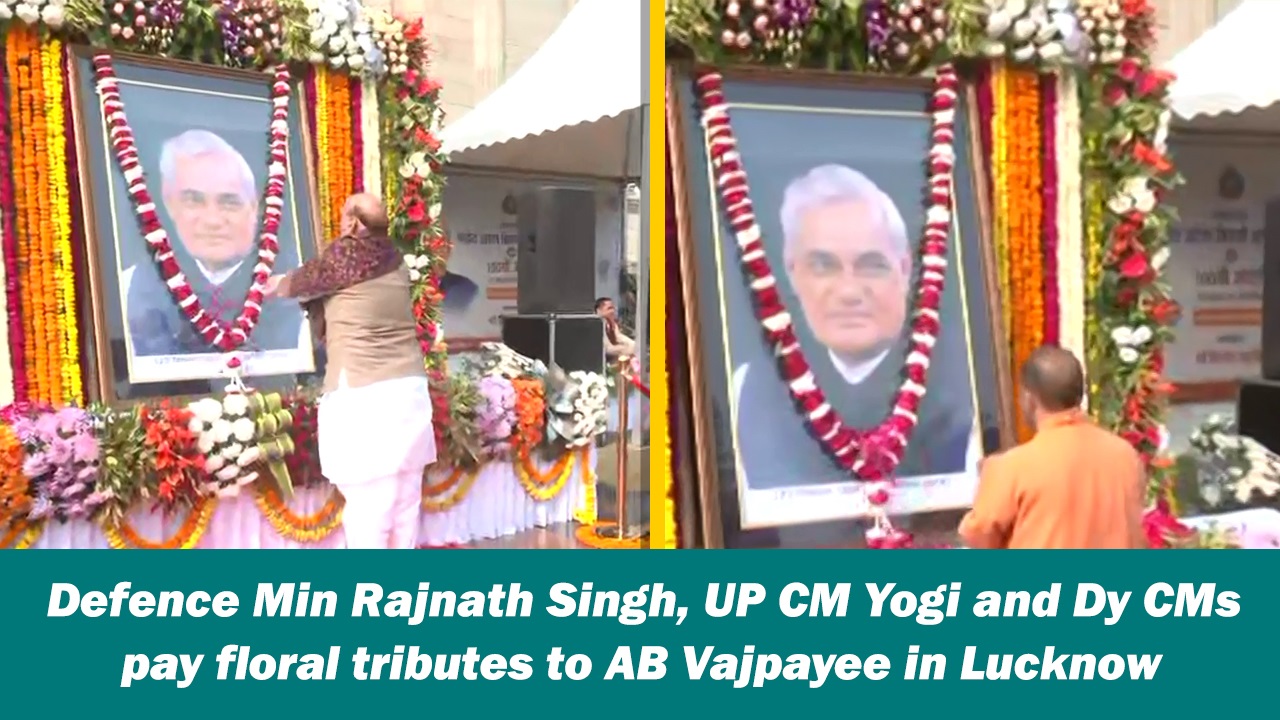


Tag News

Monthly Debt Market Update, September 2023: CareEdge Ratings





 320-x-100_uti_gold.jpg" alt="Advertisement">
320-x-100_uti_gold.jpg" alt="Advertisement">





